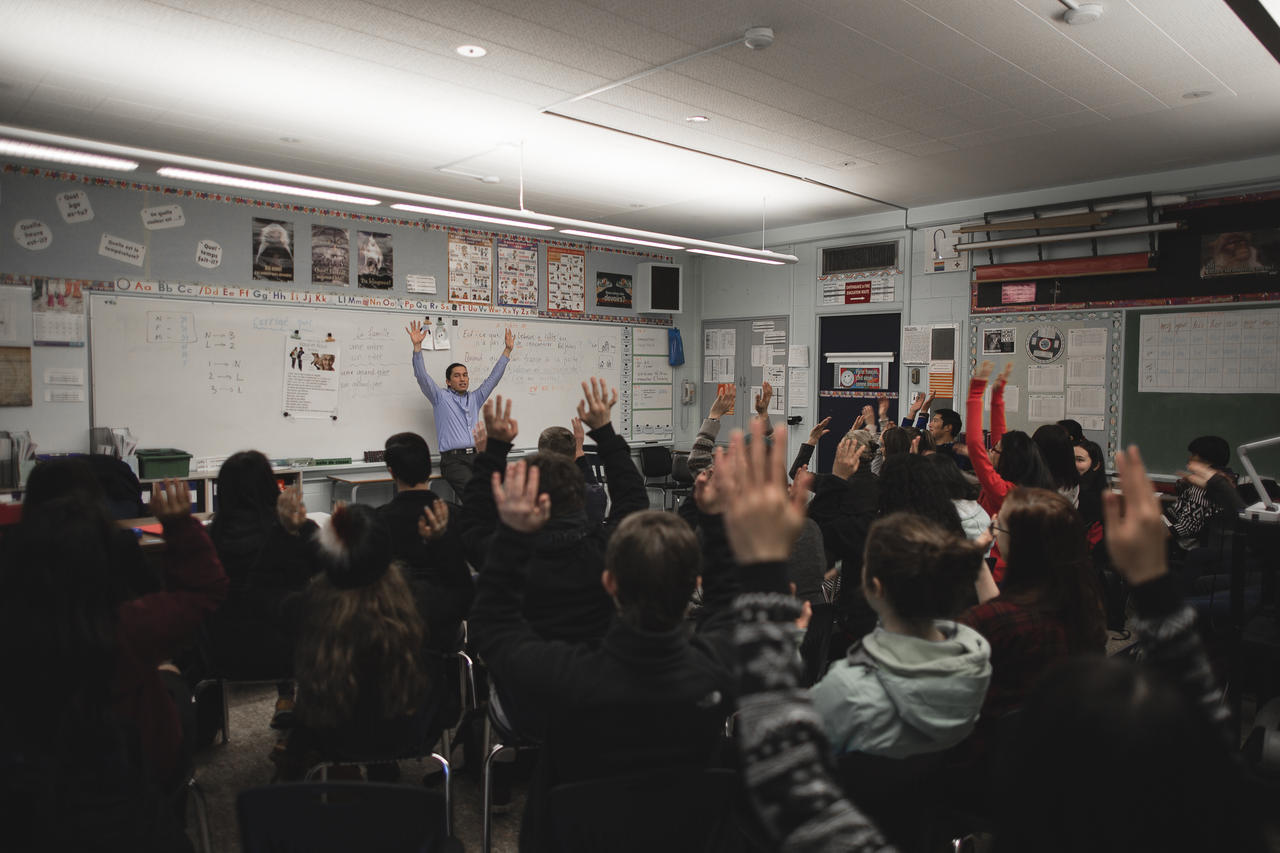Your Online Friendship Centre
Exit Site
Your Online Friendship Centre
Khelsilem has turned his anger over colonialism into motivation to learn and teach his endangered Indigenous language.
He is from the Squamish people in North Vancouver and is working with the five remaining fluent speakers of their dialect.
"If there's anything that's done in my lifetime for our communities in terms of our health, our wellbeing, our connectedness, our transcendence of our shame and guilt—the language is the one thing that can by unifying.”

Khelsilem said his grandmother went to residential school and was unable to teach him more than a few words of her language. So after graduating high school, he enrolled in a master language program to become fluent.
“Our languages were targeted because our languages give us social cohesion, an ability to understand who we are and where we fit in the world. It also gives us an ability to look at the world in a way that's different than the dominant language that we have now,” Khelsilem said of residential school, where Indigenous children like his grandmother were punished for speaking anything other than English.
“So I think that for me, if they were deliberate about taking away our languages, we can be deliberate about reclaiming them.”
While anger about the past may have been Khelsilem’s initial motivation for learning the language, it’s potential impact on the future is what keeps him driven today.
"The problem is how do we increase our community of language speakers? How do we increase the number of family, friends and colleagues who can communicate together with this language?”
He is now a Squamish language instructor at Simon Fraser University, a motivational speaker and a cultural workshop facilitator.
“People often say if there's only five speakers, why save it? What's the benefit? Why should spend all these resources on this? Well the reality is there's lots of languages in the world that went down to the brink of extinction and have come back. The most famous example is Hebrew in Israel.”
“We have fluent speakers still. We have people who have become fluent speakers as a second language learner and we have people who want to become fluent speakers. So how do we increase the number of fluent speakers in our community because that's when we start to see a living, thriving language? So that's my work."